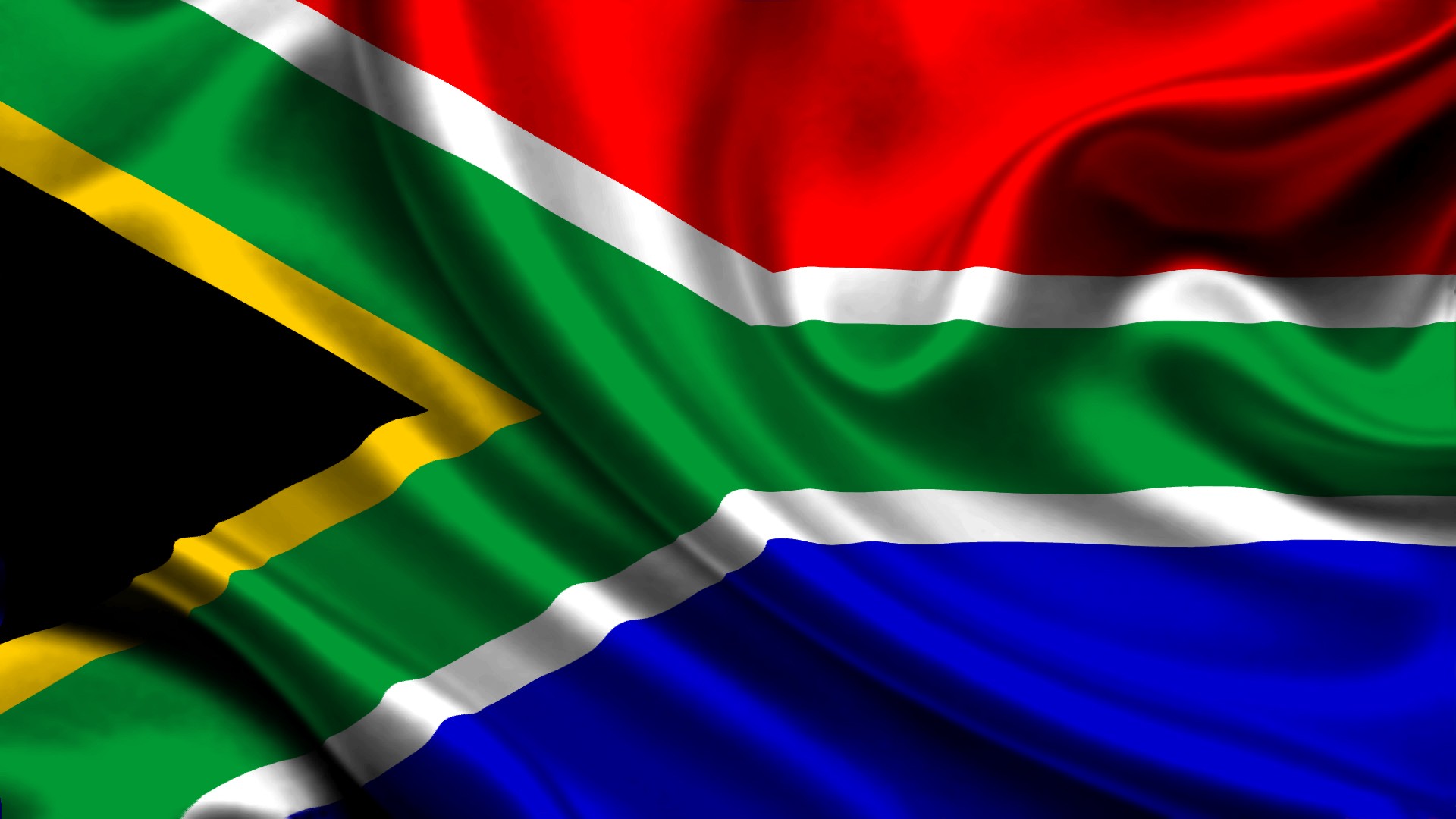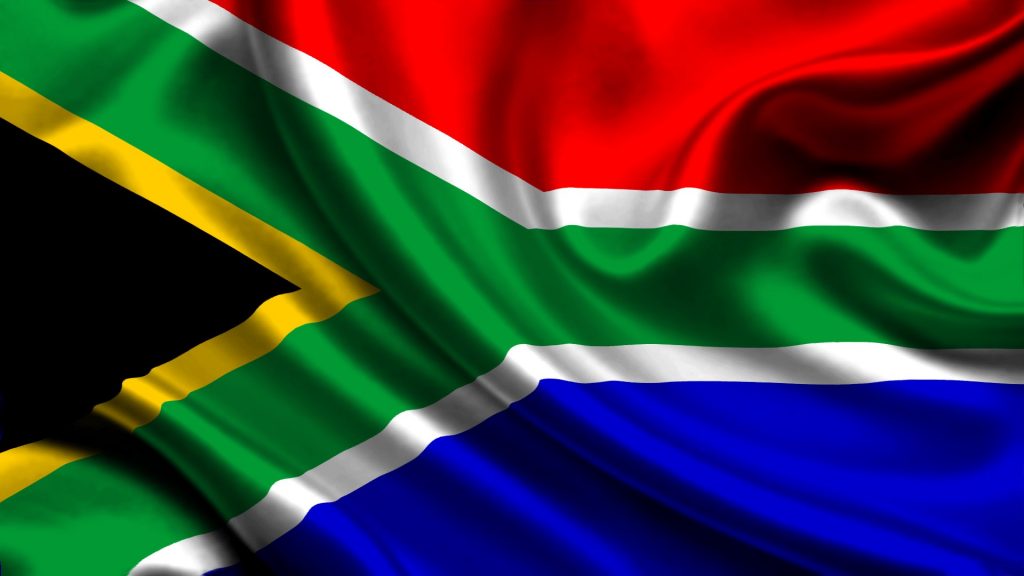Weskusmandjie, an all-woman company based in Steenberg’s Cove on the West Coast of South Africa, uses traditional knowledge and technological innovation to bring hope to a fishing village.
Hilda Adams grew up in Mamre, a former Moravian Mission Station about 30km from Cape Town. During her primary school years, she lived with her grandmother in what is now Cape Town’s Cape Quarter.
Her eyes light up when she recalls climbing onto the roof of her grandmother’s outhouse in Loader Street as a child and watching the ships sail into Cape Town Harbour. This is the first hint of her love affair with the ocean.

On these camping trips, aside from playing cards and dominoes and riding down dunes on pieces of cardboard, the children would do the dishes in the ocean, transforming a chore into a game. Hilda and her sisters would “jive” for white mussels and harvest akrikkel (top shell) and limpets, which their mother would cook. “We would catch our klipvissies with a handline and braai them on the coals,” she said. Her brothers would dive for West Coast rock lobster and abalone which they would boil on the coals, with seawater in dried bamboo seaweed.
Although the family’s hometown of Mamre was inland, fishing remained an integral part of their daily lives. Every week, Hilda’s father and uncles would catch Snoek and Cape Bream on the coast, which was then sold on the streets of Mamre or in Hilda’s father’s shop.
Coming from a family that depended on the ocean for its income and livelihood, Hilda has always felt a deep love for the ocean, which includes a strong sense of responsibility towards it.
Today, Hilda is the authorised representative of Mamre’s small-scale fishers. She is also an entrepreneur. Two years ago, at the age of 60, she started a cooperative called Weskusmandjie (West Coast basket), which is focused on bringing indigenous West Coast fishing provisions to the wider South African market. For this project, she teamed up with seven women from Steenberg’s Cove, a small fishing village on the St Helena Bay coastline, about an hour’s drive from Mamre. Hilda envisioned the cooperative as a sustainable small-business model that could be replicated by other groups of women along the West Coast.
In the years immediately after World War II there was high demand for canned fish. Stephan Brothers, a Cape Town-based trading company, responded to this by setting up canning factories in St Helena Bay, employing many of the town’s residents. Steenberg’s Cove was the site of one factory.
Battling historic exclusions
After the transition to democracy, when the Marine Living Resources Act was put in place, in 1998, small-scale fishers were not recognised as part of the industry and remained highly marginalised. In 2004, a group of fishers took the Minister of Environmental Affairs and Tourism to the Equality Court, as part of a class-action lawsuit.
Three years later, the court ordered that the minister develop a policy to address the needs of the group and that immediate relief be provided in the interim. This relief came in the form of an interim relief permit, which granted small-scale fishers temporary fishing rights renewable on an annual basis.
Although this was a big step forward, the community of small-scale fishers feels that it got the short end of the stick compared to big fishing companies and recreational fishers, who face fewer restrictions on quotas and zoning. The interim relief permit also prohibits small-scale fishing on weekends and public holidays, which makes it difficult to earn a living when the conditions for fishing are adverse during the week. Under these circumstances, fishers can do little more than support themselves and their families. Some have said that, in order to survive, they are forced to fish illegally. Meanwhile, some 12 years after the Equality Court ruling, a comprehensive national small-scale fishing policy is still being rolled out.
Alternatives to direct fishing
The Weskusmandjie project is a response to the economic struggles faced by the fishing community at Steenberg’s Cove, while also targeting women underemployment. As an alternative to the direct fishing industry, Hilda and her team sell sour fig jam and pickled bokkoms and rollmops on an online marketplace called Abalobi (isiXhosa for fishers). They source the bokkoms from a local producer in Velddrif, the harders (southern mullet) for the rollmops from local fishers in Steenberg’s Cove, and the sour figs from local stores along the West Coast.
The team wants to include akrikkel pickle, limpet pickle, and sea lettuce salt in their product range, but at present they only have recreational permits for harvesting these species and are prohibited from selling them. Their recent applications for the necessary permits were denied, and they are now in the process of appealing against these decisions. They also want to start selling frozen fish from St Helena Bay in nearby towns such as Mamre, but they lack the capital to buy freezers and refrigerators. A lack of capital also makes selling their products at markets a challenge.
By using readily available shellfish species such as limpet and low-value fish such as southern mullet, Hilda and her team may be relatively more protected against the kind of variability and unpredictability that the rest of the sector faces from year to year. Small, sustainable businesses like Weskusmandjie are an important intervention in communities that rely heavily on small-scale fishing for income and food security.
Despite the many challenges and obstacles, Hilda is happy to be where she is, at the very heart of the small-scale fishing industry. “Coming from a fishing family and loving the ocean, I have been drawn back to it. This is the last chapter of my life, I think, and this is where I want to be. I don’t want to be anywhere else,” she says.

